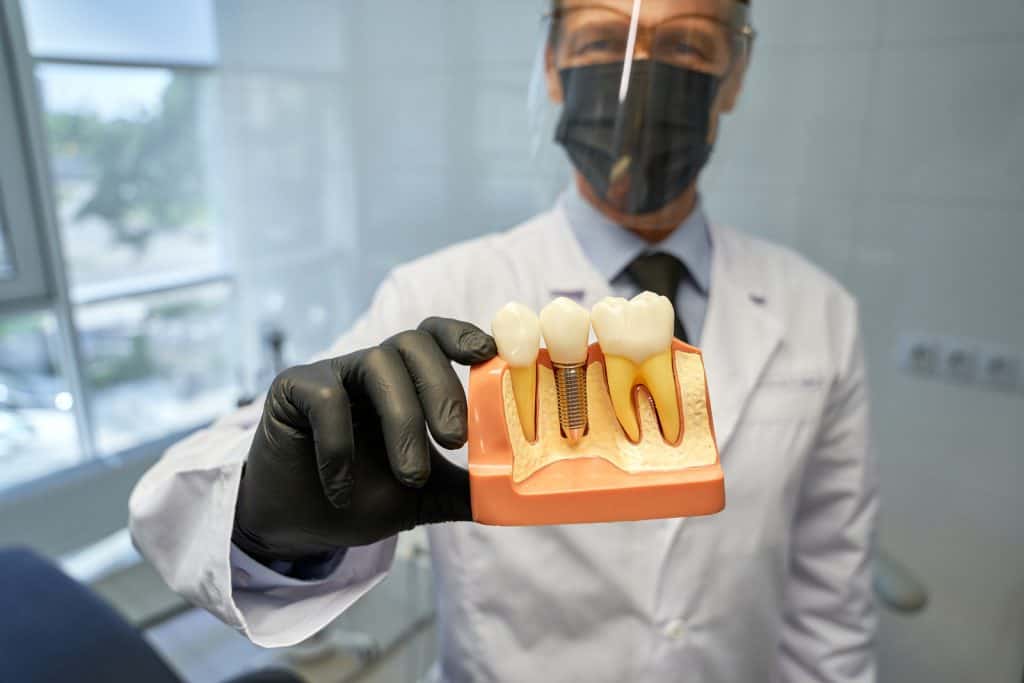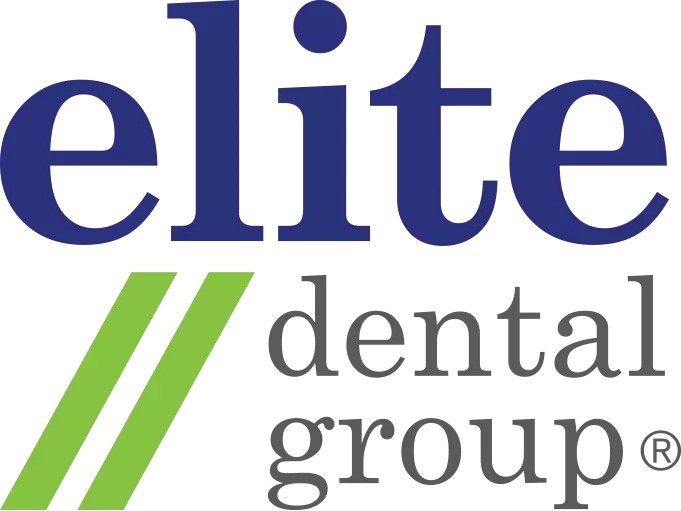
It really depends on many factors. One thing I cannot stress more importantly is that immediate implants are most definitely not for everyone. Case selection is very important. Immediate implants can only be done in certain situations and are not meant for all. I can describe to you certain situations whereby immediate implants will not be suitable. For example:
- If there is a massive loss of bone and gum
- If there is a big infection in the surgery site
- If the patient’s bite is not stable
- If the patient’s oral hygiene is not good
So, a lot of things could go wrong if you do an immediate implant and all these factors are not considered. And if you put an immediate implant when the patients have all these contraindications or non-ideal factors, it could mean you could lose the implant.
A much safer way would be the delayed way, to extract the tooth, let the whole area heal and 3-6 months later reevaluate the site and go in for a dental implant in the secondary procedure, that’s the conventional safe way.
But of course with modern technology and proper indication and experience of the surgeon, immediate implants can be done sometimes, but not all of the time. It’s indication-specific, a case by case scenario.
Does Immediately Crafting Dental Implants Compromise on Quality?
No, not at all. All these plastic immediate teeth are made with the highest standards in the dental laboratories that we partner with and there is no difference in quality compared to, say, denture teeth. But these are just immediate temporary teeth or crowns and are in no way as strong as the permanent porcelain ones which would go in about 3-6 months later.
How Do I Take Care of My Immediate Dental Implants?
Don’t smoke, not even a single stick. Secondly, keep meticulous oral hygiene. But having said that, don’t over brush the area because if you overbrush the surgical site, it can destroy or disturb the wound. When you have a wound, you want to be very gentle when brushing around the area of the surgery but still you need to brush to keep good oral hygiene.
Thirdly, take all of your medication religiously: all the antibiotics, antiseptic mouth rinse, sometimes even prescribed probiotics. All these will help and aid healing. Lastly, please do not bite the implant. Don’t stress the implant with any kind of biting forces, don’t load the implant with any kind of pressure. Leave it alone, literally zero loads, zero pressure.

 Elite Dental Group
Elite Dental Group